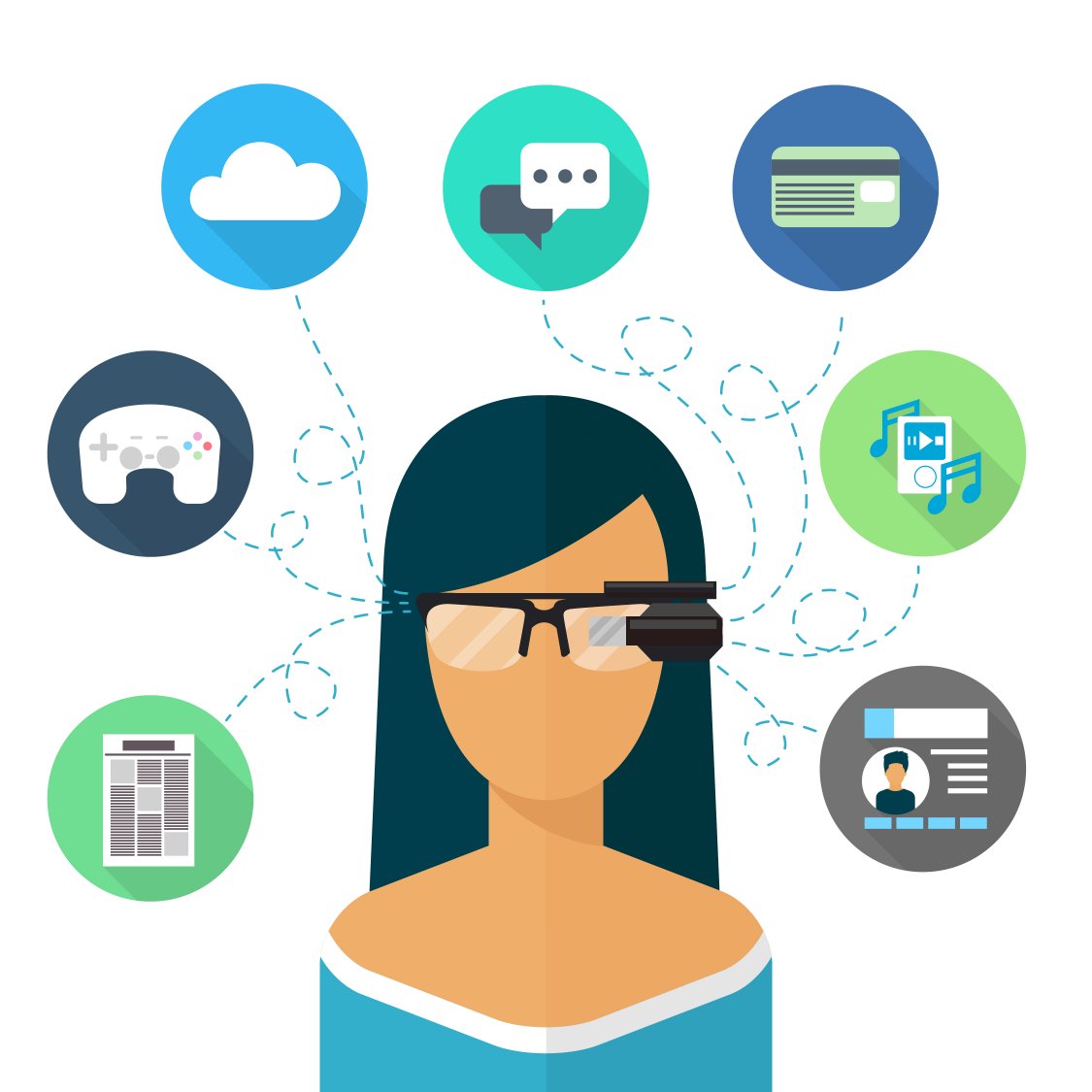
Introduction: Why Smart Glasses Matter in Digital Health
The accelerating shift toward digital health and proactive care has spurred the adoption of innovative wearable technologies, with AI-powered smart glasses emerging as a promising tool in this evolving landscape. These devices offer a unique combination of real-time data visualization, hands-free decision support, and continuous health monitoring—features that integrate seamlessly into clinical workflows, home care, emergency response, and chronic disease management.
Recent studies highlight the utility of smart glasses in enhancing point-of-care information retrieval, facilitating patient identification via facial recognition, and enabling remote collaboration through telemedicine platforms. Augmented reality (AR) overlays and embedded AI-driven analytics further support healthcare professionals with real-time decision-making. While concerns remain about their impact on social interaction, evidence suggests that clinicians demonstrate high acceptance rates, particularly when passive use allows for unobtrusive access to information without compromising patient engagement.
By combining artificial intelligence with wearable form factors, smart glasses have the potential to drive precision medicine and operational efficiency, enabling earlier interventions and improving patient outcomes. This systematic review synthesizes recent evidence on AI-powered smart glasses in healthcare, exploring their clinical applications, user acceptance, implementation challenges, and potential to transform proactive care delivery.
Methods: Scope and Selection of Literature
This review followed a systematic approach guided by PRISMA (Preferred Reporting Items for Systematic Reviews and Meta-Analyses) methodology. A comprehensive literature search was conducted across major academic databases, including PubMed, IEEE Xplore, Scopus, and Web of Science, to identify peer-reviewed articles published between 2015 and 2024.
Inclusion criteria focused on studies evaluating AI-integrated smart glasses for health-related applications. Articles that involved non-AI wearable devices, conceptual frameworks without empirical validation, or irrelevant use cases were excluded. From an initial pool of 312 studies, 45 met the inclusion criteria. These were categorized into key domains such as surgical support, telemedicine, nursing education, emergency care, and chronic disease monitoring.
Each included study was assessed for its contribution to hands-free information access, real-time decision support, and communication enhancement within healthcare settings. The synthesis also identified recurring barriers to implementation, including technological maturity, user training needs, data protection concerns, and integration with existing clinical infrastructures.
Clinical Applications: Use Cases Across the Healthcare Spectrum
AI-powered smart glasses are demonstrating significant utility across a range of clinical settings, offering hands-free support and real-time insights that enhance workflow efficiency and care quality.
In surgical environments, smart glasses equipped with AR overlays provide real-time anatomical guidance and visualization of patient vitals, aiding in precision during complex procedures and minimizing reliance on external monitors. These technologies can also facilitate remote surgical mentoring, allowing senior specialists to observe and guide procedures in real time through live video feeds.
For hospital-based care teams, smart glasses enable instant access to electronic health records (EHRs) and clinical documentation tools, streamlining bedside care without interrupting patient interaction. In nursing education, they support immersive simulation-based training, offering trainees guided checklists and real-time feedback.
Beyond hospital walls, these devices play a critical role in home health monitoring—particularly for older adults and patients with chronic illnesses. Embedded AI algorithms analyze data from wearable sensors to detect early signs of deterioration (e.g., gait instability or abnormal heart rate variability), prompting timely intervention. Medication adherence support, visual reminders, and automated alerts further assist in chronic disease management, particularly in resource-limited settings.
In emergency care and paramedicine, smart glasses enable live video transmission and decision support from emergency scenes, allowing remote physicians to assist in triage and treatment planning. In mental health and rehabilitation contexts, integrated vision-based AI systems monitor physical therapy adherence and detect changes in facial expressions, potentially flagging emotional distress or non-compliance.
Despite these advances, implementation challenges remain. These include device comfort, battery life, secure integration into EHR systems, and regulatory concerns around data privacy. Nevertheless, the collective evidence suggests that AI-powered smart glasses are poised to become a valuable component of digital health ecosystems, offering scalable, proactive, and context-aware healthcare solutions.
Reference:
Zuidhof N, Peters O, Verbeek PP, Ben Allouch S. Social Acceptance of Smart Glasses in Health Care: Model Evaluation Study of Anticipated Adoption and Social Interaction. JMIR Form Res 2025;9:e49610
Wang, B., Zheng, Y., Han, X. et al. A systematic literature review on integrating AI-powered smart glasses into digital health management for proactive healthcare solutions.npj Digit. Med. 8, 410 (2025). https://doi.org/10.1038/s41746-025-01715-x
Giansanti D, Pirrera A. Integrating AI and Assistive Technologies in Healthcare: Insights from a Narrative Review of Reviews. Healthcare (Basel). 2025 Mar 4;13(5):556. doi: 10.3390/healthcare13050556. PMID: 40077118; PMCID: PMC11898476.
Zhan Zhang, Enze Bai, Karen Joy, Partth Naressh Ghelaa, Kathleen Adelgais, Mustafa Ozkaynak, Smart Glasses for Supporting Distributed Care Work: Systematic Review, JMIR Medical Informatics,
Waisberg E, Ong J, Masalkhi M, Zaman N, Sarker P, Lee AG, Tavakkoli A. Meta smart glasses-large language models and the future for assistive glasses for individuals with vision impairments. Eye (Lond). 2024 Apr;38(6):1036-1038. doi: 10.1038/s41433-023-02842-z. Epub 2023 Dec 4. PMID: 38049627; PMCID: PMC11009354.
Wang Y, Zhu M, Chen X, Liu R, Ge J, Song Y and Yu G (2024) The application of metaverse in healthcare. Front. Public Health. 12:1420367. doi: 10.3389/fpubh.2024.1420367
Charlotte Romare, Lisa Skär, The use of smart glasses in nursing education: A scoping review, Nurse Education in Practice, Volume 73,








Post comments